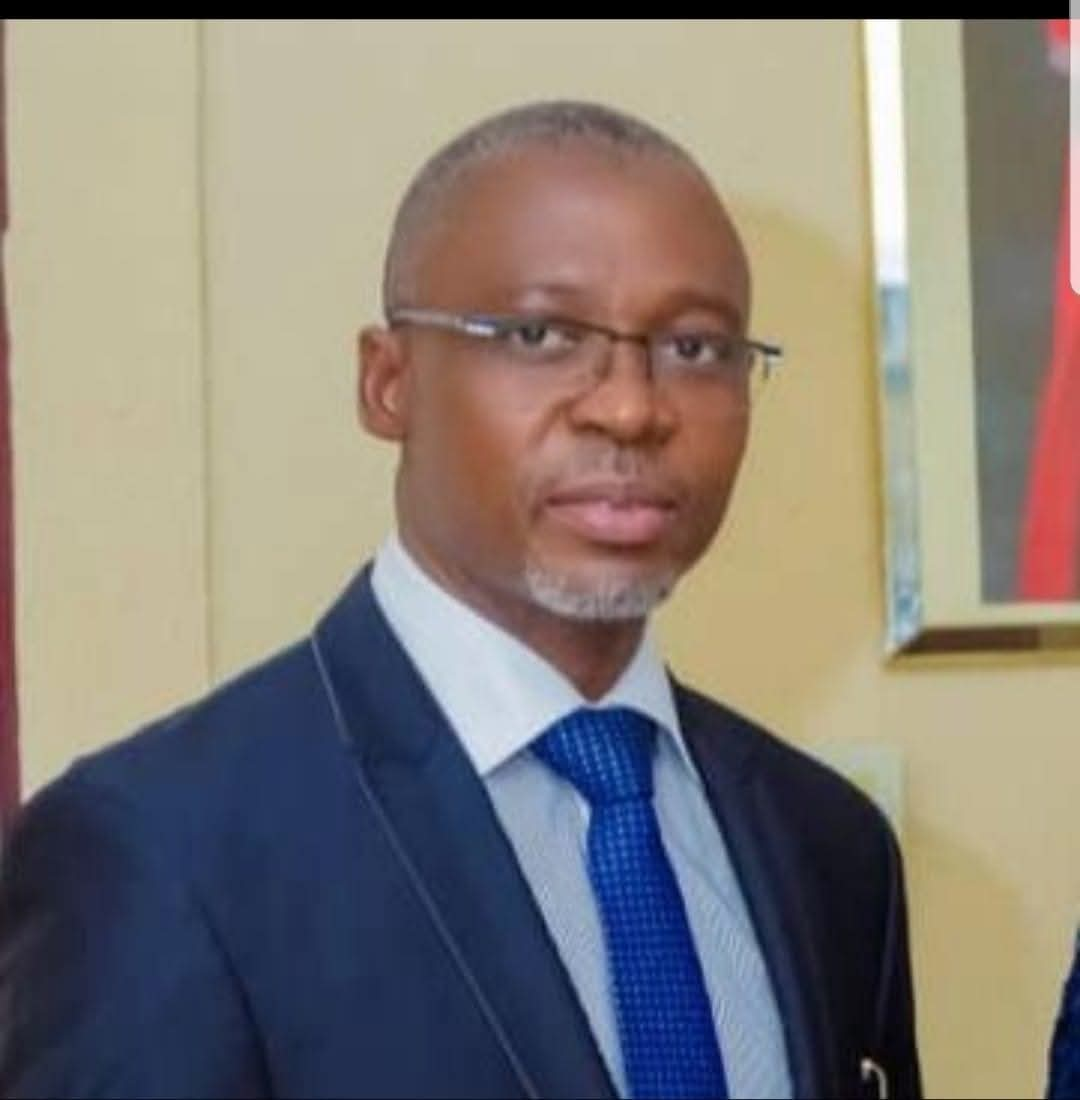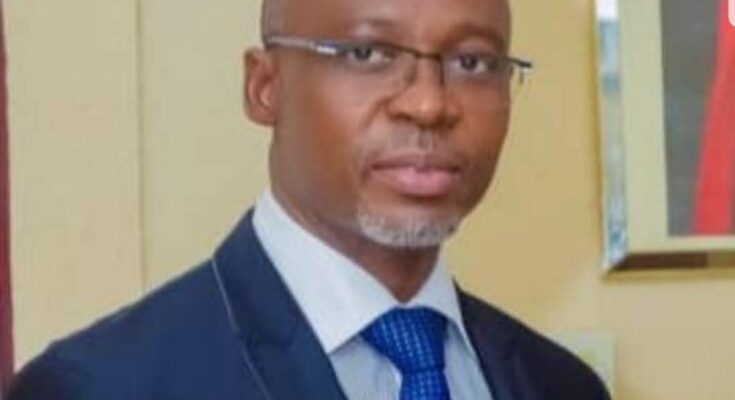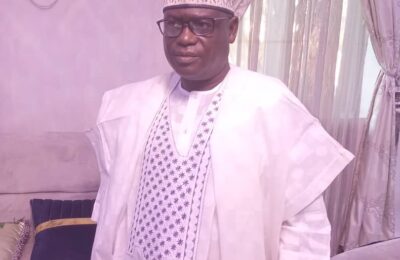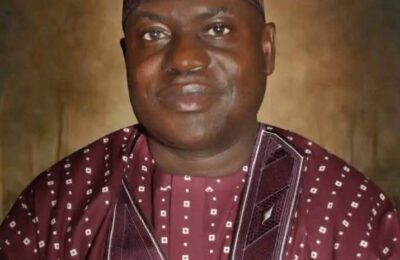A CALL FOR ACCOUNTABILITY IN TARABA STATE: THE ALLEGATIONS SURROUNDING MR. JIBRIN DANLADI, DIRECTOR OF FINANCE

In the heart of Nigeria’s northeastern region, Taraba State is grappling with mounting concerns over transparency and governance. Amidst whispers of impropriety, residents are demanding answers, and the spotlight has fallen squarely on a high-ranking civil servant whose apparent wealth raises profound questions about integrity in public office.
Mr. Jibrin Danladi currently holds the pivotal position of Director of Finance at the Taraba State High Court—a role that demands unwavering honesty, meticulous oversight, and absolute transparency in handling public funds. As a custodian of the judiciary’s financial operations, he is entrusted with safeguarding resources that directly impact the administration of justice. However, recent allegations and unverified reports circulating within the state paint a troubling picture of unexplained affluence that appears incongruent with his official remuneration.
Sources close to the matter claim that Mr. Danladi owns two sprawling hotels in Jalingo, the state capital. One is situated in the upscale Investment Quarters, a prime location known for its burgeoning real estate developments, while the other—dubbed Grand Shield—stands prominently opposite the Model Primary School, a landmark in the city’s educational hub. These establishments are not modest ventures; they are described as multi-billion naira enterprises, complete with luxurious amenities, extensive staffing, and high-end infrastructure that would require substantial capital investment and ongoing operational funds.
Compounding these revelations are reports that Mr. Danladi has extended personal loans totaling ₦700 million to private individuals—specifically, ₦300 million to one party and ₦400 million to another. Such largesse, if accurate, underscores a level of financial liquidity that far exceeds what one might expect from a career civil servant’s salary, which is typically governed by standardized public sector pay scales and subject to5 deductions for taxes, pensions, and other statutory obligations.
These disclosures inevitably provoke a cascade of critical inquiries: How has a public official, reliant on a fixed monthly income, amassed the resources to acquire and maintain such opulent assets? What is the provenance of these funds—legitimate savings from his earnings, inheritance, or perhaps ancillary business ventures? Or do they stem from more opaque sources, potentially linked to his influential position? Without clear documentation or public disclosure, speculation runs rife, fueling suspicions of possible embezzlement, kickbacks, or abuse of office.
This situation unfolds against a stark backdrop of socioeconomic hardship in Taraba State. With widespread poverty, soaring unemployment rates, dilapidated infrastructure, and inadequate public services plaguing the populace, the contrast could not be more jarring. Ordinary citizens endure daily struggles to access basic necessities like healthcare, education, and clean water, while allegations suggest that some entrenched in government corridors are accumulating extraordinary wealth. This disparity not only exacerbates social inequities but also erodes the foundational trust in institutions. When public servants appear to exploit their roles for personal enrichment, it fosters a corrosive cynicism: the perception that governance serves only the elite and well-connected, rather than the broader citizenry. Such erosion of confidence can lead to broader instability, deterring investment, stifling development, and perpetuating cycles of corruption that hinder the state’s progress.
In light of these grave concerns, this is an urgent appeal to the Economic and Financial Crimes Commission (EFCC)—Nigeria’s premier anti-graft agency—and the Taraba State Government to launch a thorough, impartial investigation. The EFCC, with its mandate to probe economic offenses, is ideally positioned to scrutinize financial records, trace asset ownership, and verify the legitimacy of these holdings. Similarly, state authorities must uphold their constitutional duty to ensure accountability among civil servants. If Mr. Danladi’s wealth is indeed derived from lawful means, a transparent inquiry would afford him the opportunity to provide verifiable evidence, thereby clearing his name and restoring public faith. Conversely, should any evidence of malfeasance emerge—such as the misappropriation of public funds or illicit enrichment—the full weight of the law must be applied, including potential prosecution, asset forfeiture, and restitution to the state.
What is imperative now is a multifaceted response to rebuild integrity:
Transparency: All public officials, particularly those in fiduciary roles, should be mandated to declare their assets publicly and periodically, in line with Nigeria’s Code of Conduct Bureau requirements. This would include detailed disclosures of income sources, investments, and liabilities, fostering a culture of openness and deterring hidden accumulations of wealth.
Prompt Investigation: Delaying action risks further entrenchment of corrupt practices and irreparable damage to institutional credibility. Authorities must act swiftly, employing forensic audits, witness interviews, and inter-agency collaboration to uncover the truth. Civil society organizations, media outlets, and whistleblowers should be encouraged to contribute evidence, ensuring a comprehensive probe.
Taraba State stands at a crossroads. Addressing these allegations head-on could serve as a catalyst for systemic reform, signaling a zero-tolerance stance against corruption. The people of Taraba deserve nothing less than a government that prioritizes their welfare over personal gain. It is time for accountability to prevail.




